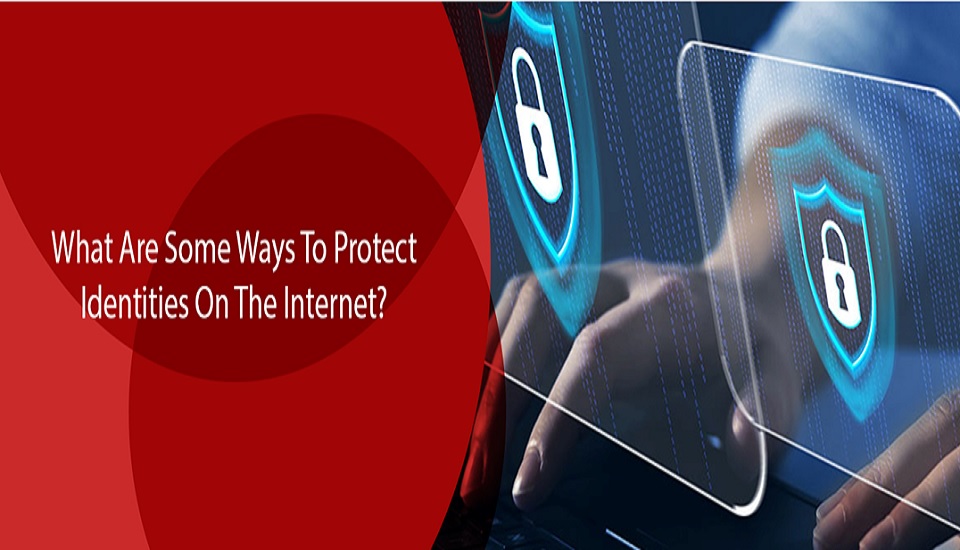There has been a lot of advancement when it comes to the internet. Although you might argue that the internet is not necessarily good for us, the majority of us do enjoy the many benefits the internet has introduced.
However, along with the benefits, there have been some major disadvantages. The biggest disadvantage of the internet is the increasing percentage of online identity theft. Even if you have the most secure internet connection, you can very much still be a target of identity theft.
On a side note, if you are looking for a secure and reliable internet provider or connection, we would highly recommend Xfinity Internet. It is one of the largest Internet Service Providers (ISPs) in the U.S.
Moving on, you might not have a lot of information on identity theft and how it’s done. But, it is important for you to know also how you can prevent it from happening to you while using the internet.
Therefore, in this article, we will be sharing tips on how to protect your online identity.
Table of Contents
Have Strong Passwords
Most, if not all social media platforms and emails need you to create a password to protect your account. Now, this password usually has a minimum length that you must meet, with one upper and lowercase letter, one symbol, and one number.
This requirement is usually so you can create a unique password that won’t be easy for a hacker to find out. However, you should not use your basic information as your birthday or bank account number, because these are easy to guess.
Moreover, try not to use the same password on other platforms. In other words, if someone hacked a specific social media account of yours, they could try the very same password for your other account. And, if you have the same passwords, there’s a high chance for your other accounts to be hacked too.
For additional security, it’s highly recommended that you activate two-factor authentication so that each time you sign into your account, you need to type in the code you receive on your mobile phone.
Identify & Avoid Phishing Scams
Online hackers are skilled at using new technologies to steal identities. This not only makes it important for you to avoid phishing scams but also to be able to identify them.
What exactly is a phishing scam? Well, phishing scams happen when an individual poses as an authoritative figure such as the government, to obtain sensitive information about you. This sensitive information could be your bank account number, credit card number, special security number, and more.
This is often done through text, phone, or email. Therefore, you need to make it a habit to never give out your or your family’s personal information. If you see a fishy email, never open the attachment or download anything from it.
Some of these phishing scams may corrupt your device with a virus. You should also download antivirus software for your device so that it identifies and blocks any illegitimate website you might have pondered on.
Try Not To Use Public Wi-Fi
Public Wi-Fi is for the general public. This makes it all the more dangerous if you tend to visit cafes to access free Wi-Fi. Hackers are more than aware that there are too many users who use public Wi-Fi, hence they come up with newer technologies to break into your device when you are using a public Wi-Fi connection.
It is important to try your very best to avoid using public Wi-Fi unless, of course, you are traveling. There’s no way you can vouch for any public Wi-Fi’s security. However, if you do have to use it, you should never input any sensitive information on any browser while connected to the Wi-Fi.
Another thing you could do is use a free VPN. This will keep you safe from cyber criminals, and everything you send or receive will be encrypted.
Go Incognito
If you know you have the habit of getting paranoid after using the internet, you could always use an incognito or private browser. This way, your device won’t save your browsing history, cookies, or any internet files you accessed.
Once you surf via these browsers, you won’t have to worry about your identity getting stolen. However, even if you use a private browser, your ISP will still be able to see your browsing activities. Moreover, the website you visit on a private browser can still track you.
There’s no doubt that incognito browsing offers a lot of advantages, but it should not be the only tool you rely on to protect your online identity.
All In All
And, that’s about it!
You will be able to find many other ways to safeguard your online identity, but we have shared the best among them. We hope you now know how you can protect your online identity. It’s always better to be safe than sorry.
Happy surfing!



